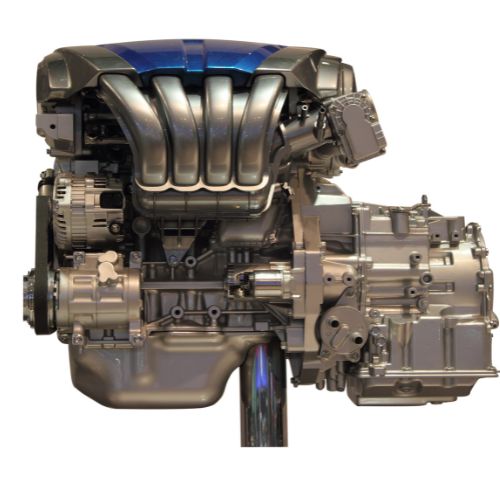BMW S85 Engine
Large Network Of Engine Suppliers
Compare Quotes
Save Money
Save Time
BMW S85 Engine For Sale
The BMW S85 is a naturally aspirated V10 petrol engine which replaced the BMW S62 V8 engine in the M5 model and was produced from 2005–2009. It was both BMW’s first and only production V10 engine, and the first petrol V10 engine to be available in a production sedan (saloon).
Introduced in the E60 M5, the S85 was inspired by BMW’s previous Formula One involvement. Unlike most other BMW M engines, the S85 is not related to a regular production BMW engine.
The BMW S65 V8 engine (used in the E92 M3) is based on the S85.
Best Engine Replacement Procedure
- Swap the engine’s oil, fuel and oil filters, and coolant.
- Install new engine and external coolers if existing.
- Cleanse the cooling system thoroughly, then replace the water pump.
- Renew necessary hoses and belts.
- Install a new timing belt, spark plugs, and wires.
- Replace essential gaskets and seals, focusing on the oil pan, front, and rear main seals.
- Clear the vehicle’s computer codes before engine installation.
- Ensure the replacement engine matches the original specifications.
- Transfer exhaust manifolds, mounts, distributor, and sensors from the old engine.
- Disable fuel and ignition before ignition to prime the oil.
- Ensure no plugs or tape remain on the engine before installation.
7 Common Mistakes to AVOID!
- Not resetting the vehicle’s computer codes before installation.
- Skipping the step of adding engine oil before the first startup.
- Forgetting to deactivate the fuel and ignition systems, essential for priming the oil.
- Ignoring the replacement of the oil cooler or the radiator’s integrated oil cooler.
- Overlooking the cleaning of the radiator and checking the operation of the cooling fans.
- Not swapping out the flywheel and its securing bolts.
- Trying to initiate the engine’s first run without proper priming.
Warranty Info
Review our Warranty, Return & Exchange policies before ordering. Standard Warranty: 30 days parts replacement. Extended Warranty: Optional 90 days. No labor costs covered. Defective parts may be replaced or refunded. Read more.
